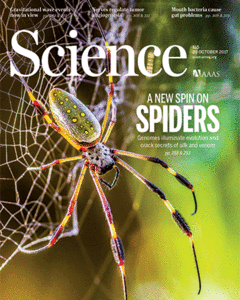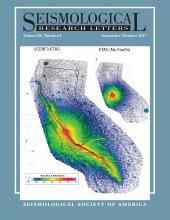 Science is retracting a 2014 paper from the lab of a Nobel winner after replication attempts failed to conclusively support the original results.
Science is retracting a 2014 paper from the lab of a Nobel winner after replication attempts failed to conclusively support the original results.
In January, Bruce Beutler, an immunologist at University of Texas Southwestern Medical Center and winner of the 2011 Nobel Prize in Physiology or Medicine, emailed Science editor-in-chief Jeremy Berg to report that attempts to replicate the findings in “MAVS, cGAS, and endogenous retroviruses in T-independent B cell responses” had weakened his confidence in original results. The paper had found that virus-like elements in the human genome play an important role in the immune system’s response to pathogens.
Although Beutler and several co-authors requested retraction right off the bat, the journal discovered that two co-authors disagreed, which Berg told us drew out the retraction process. In an attempt to resolve the situation, the journal waited for Beutler’s lab to perform another replication attempt. Those findings were inconclusive and the dissenting authors continued to push back against retraction.
Berg told us:
Continue reading Science retracts paper after Nobel laureate’s lab can’t replicate results


 Two journals are retracting papers published by researchers affiliated with Children’s Hospital Los Angeles (CHLA).
Two journals are retracting papers published by researchers affiliated with Children’s Hospital Los Angeles (CHLA). 


